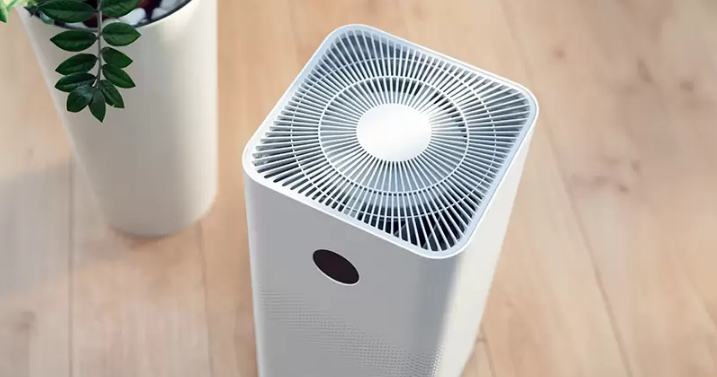Introduction
Air purifiers are essential for improving indoor air quality by filtering out pollutants, allergens, and harmful particles. However, a common concern among users is: Do air purifiers dry out the air? This article explores the impact of air purifiers on humidity levels, debunking myths and offering practical solutions for maintaining balanced indoor air.
Do Air Purifiers Affect Humidity Levels?
Air purifiers do not remove moisture from the air. Their primary function is to filter air contaminants, but they do not contain dehumidifying components like a dehumidifier.
How Air Purifiers Work
Air purifiers use various filtration systems, such as:
- HEPA Filters – Trap airborne particles like dust, pollen, and pet dander.
- Activated Carbon Filters – Absorb odors, smoke, and chemicals.
- Ionic Purifiers – Release negative ions to neutralize pollutants.
- UV-C Light Purifiers – Destroy bacteria and viruses.
While these processes effectively clean the air, they do not extract moisture.
Do Some Air Purifiers Cause Dry Air Sensation?
Although air purifiers don’t directly dry out the air, some factors may create a perception of dryness:
- Improved Air Circulation – Enhanced airflow can increase evaporation, leading to a temporary sensation of dryness.
- Cold Air from HVAC Systems – If placed near air conditioning vents, the purifier may give the impression of drier air.
- Ozone-Producing Purifiers – Certain ionizers release ozone, which can cause throat irritation, mimicking the feeling of dryness.
How to Prevent Dry Air While Using an Air Purifier
If you feel that your air purifier is making the air feel dry, here are some solutions:
1. Use a Humidifier
Pairing an air purifier with a humidifier ensures optimal air quality while maintaining proper humidity levels (between 40-60%).
2. Adjust Room Ventilation
Ensure that your room is well-ventilated to prevent stagnant air, which may feel dry.
3. Choose the Right Air Purifier
Opt for an air purifier without ozone emission and one with an activated carbon filter to improve air quality without irritation.
4. Monitor Humidity Levels
Use a hygrometer to measure humidity and take corrective actions if levels drop below 40%.

Best Air Purifiers That Don’t Dry Out the Air
Here are some air purifiers that improve air quality without reducing moisture:
- LEVOIT Core 300 – HEPA and carbon filtration with no ozone emission.
- Coway Airmega 200M – Efficient filtration with quiet operation.
- Honeywell HPA300 – Large room coverage with allergen removal.
FAQs
1. Do HEPA filters dry out the air?
No, HEPA filters only remove particles like dust and allergens without affecting humidity.
2. Can an air purifier make my throat dry?
Some ozone-producing purifiers may cause irritation, but HEPA-based models do not.
3. Should I use a humidifier with an air purifier?
Yes, a humidifier helps maintain optimal moisture levels while the purifier cleans the air.
4. Does an air purifier remove moisture from the air?
No, air purifiers do not have dehumidifying properties.
5. How do I keep my indoor air from feeling dry?
Use a humidifier, monitor humidity levels, and avoid ozone-generating purifiers.
6. Can an air purifier and humidifier work together?
Yes, using both ensures clean and comfortable air quality.
Conclusion
Air purifiers do not dry out the air, but they may create a sensation of dryness due to increased airflow. By selecting the right purifier, maintaining proper humidity levels, and pairing it with a humidifier, you can enjoy clean air without discomfort. Keep your indoor environment balanced for the best air quality and comfort!

